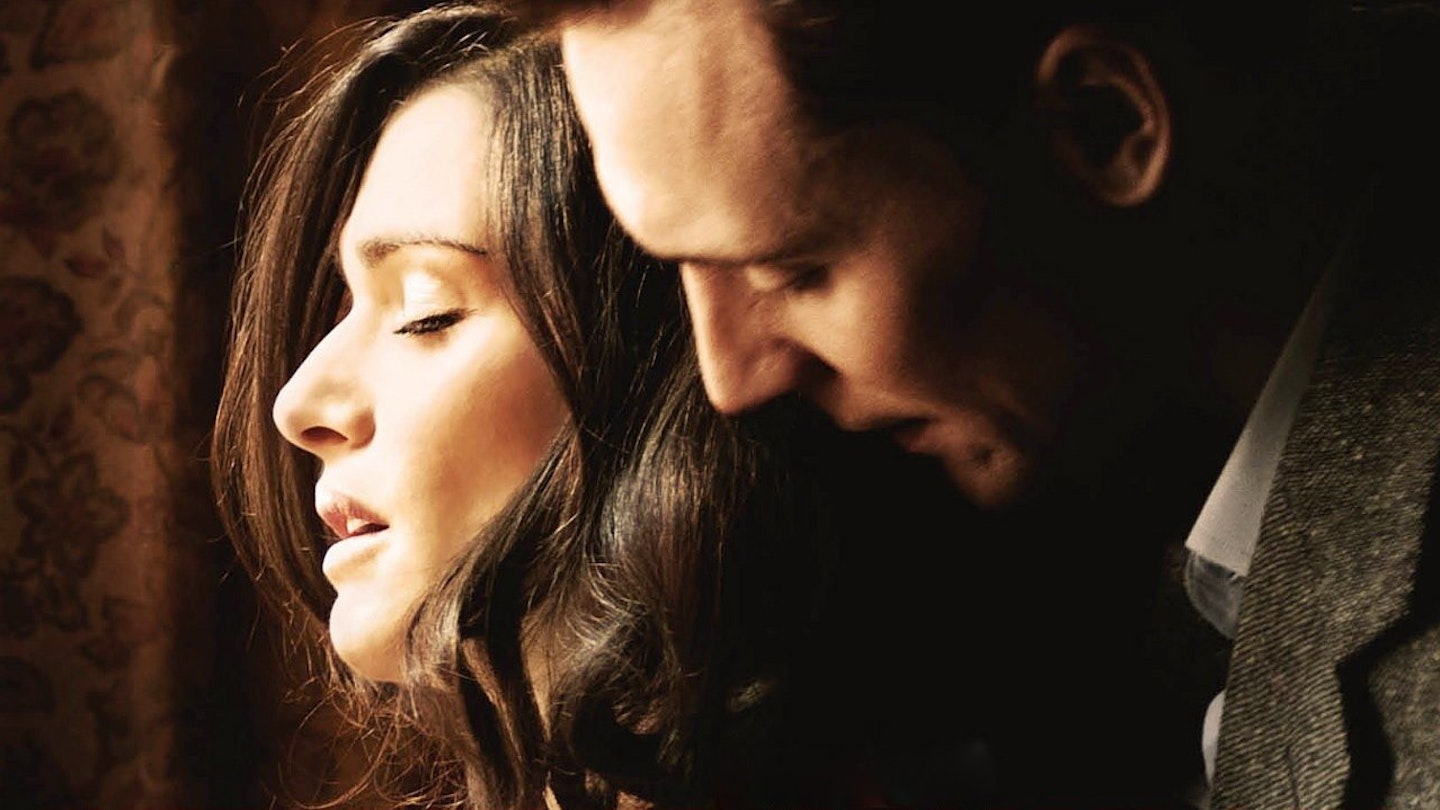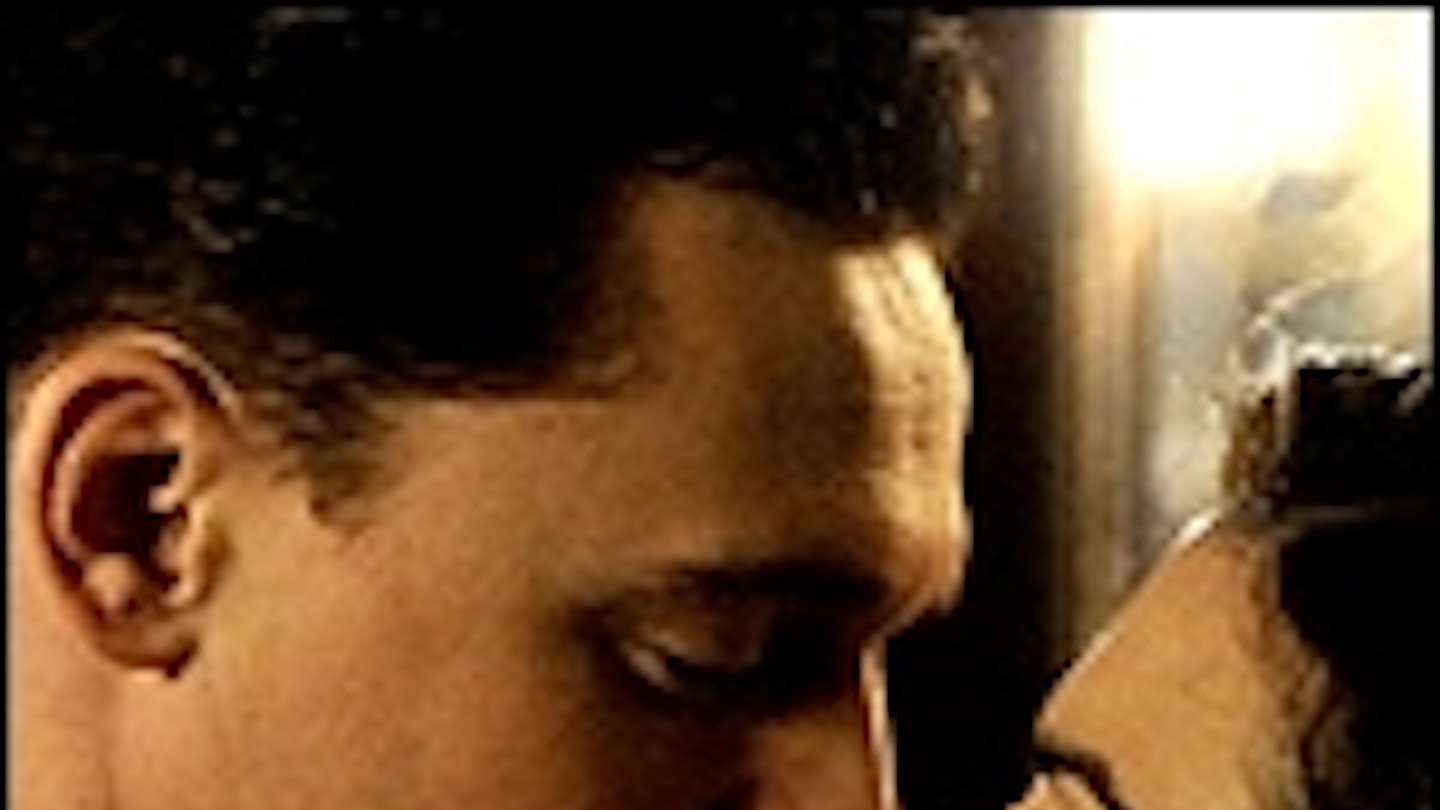At 66, Terence Davies is in the unenviable position of being a national treasure. To the general public he is largely unknown, to the British film industry he is a genius whose work they applaud but would never dream of bankrolling. Between these two camps, he has a following of fans and critics who have only five films, three shorts and a documentary to savour. It has been 11 years since his last feature — an adaptation of Edith Wharton’s 1905 novel House Of Mirth — and the pressure on him to deliver a masterpiece is almost palpable.
So, like the heroine of his latest film, a very loose adaptation of Terence Rattigan’s 1952 play, Davies is caught, too, between the devil and the deep blue sea: his work is not mainstream, but he doesn’t quite have the auteur’s free pass yet — since he is less than prolific, the bigger picture may not be revealed for some years. Which is a shame, since this film, having already received critical brickbats after its world premiere at the Toronto Film Festival, is certainly one of his stronger pieces. Though not as powerful as Distant Voices, Still Lives, or as lyrical as The Long Day Closes, this is still a mesmeric, haunting and often very beautiful study of isolation.
Why the brickbats? Firstly, Davies frequently abandons Rattigan’s text, which is always a bugbear in literary adaptations. But the most obvious reason is that Davies has a style all of his own, an unfamiliar, wilfully hermetic style that feels unsullied by the excesses of modern filmmaking. Indeed, modern is the last word to describe Terence Davies, and his films are all the better for it. No-one, with the possible exception of American avant-garde director Kenneth Anger, has ever kept one foot in the past without drifting into nostalgia: in Davies’ films, the past, to contradict novelist L. P. Hartley, is not another country.
The opening scene, as Hester (Rachel Weisz) tries to take her own life, will be especially strange to some. Without dialogue, Davies constructs an oblique mosaic of half-remembered flashbacks as Samuel Barber’s Violin Concerto (which, in this setting, is practically pop music) blasts out. It’s a challenging start, but the film does quickly bed down; Hester is found by the landlady and makes an embarrassed recovery, facing first her angry ex-husband (Simon Russell Beale), then her even more furious lover (Tom Hiddleston). But the fascinating point about Davies’ film is that he is surprisingly sympathetic to all three of his characters. He does not indulge his needy heroine, and rather than being simply a film about one woman’s dissatisfaction, it becomes a film about everyone’s dissatisfaction.
Weisz is outstanding in a role that plays to all her strengths, while, by contrast, RSC stage veteran Beale is disappointingly low-key as her rejected husband. The biggest revelation, however, has to be Hiddleston as Hester’s lover, the boyish Freddie. In such high company, Freddie could easily be just a third wheel. Hiddleston, though, finds Freddie’s mettle, and it makes the film soar. As much as Davies’ films ever were, The Deep Blue Sea becomes a perceptive and affecting film about post-War Britain, especially the way, that we take for granted now, in which individuals fought to find themselves and shed the shackles of class.


